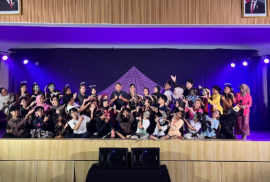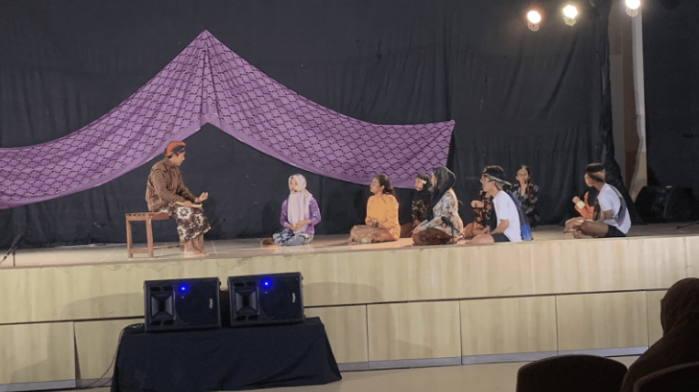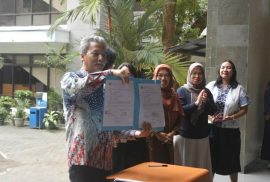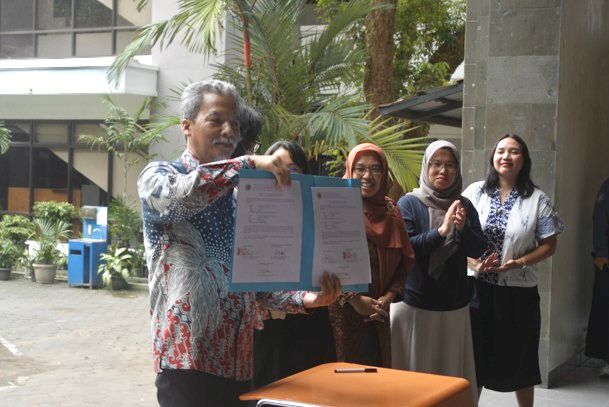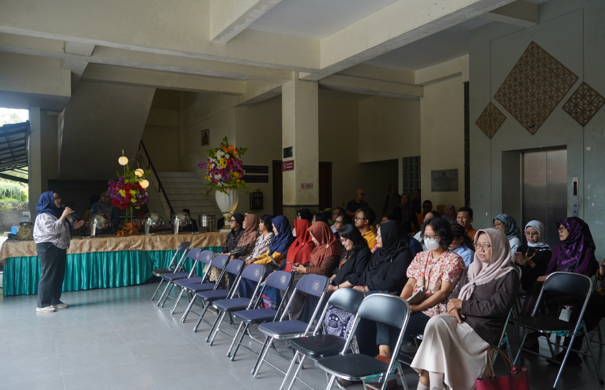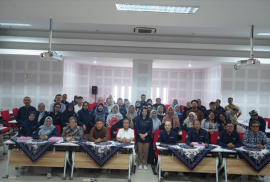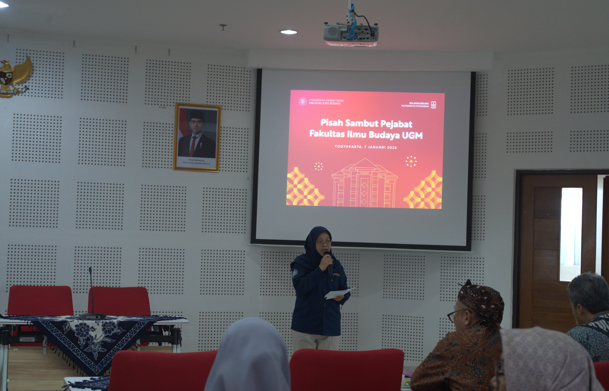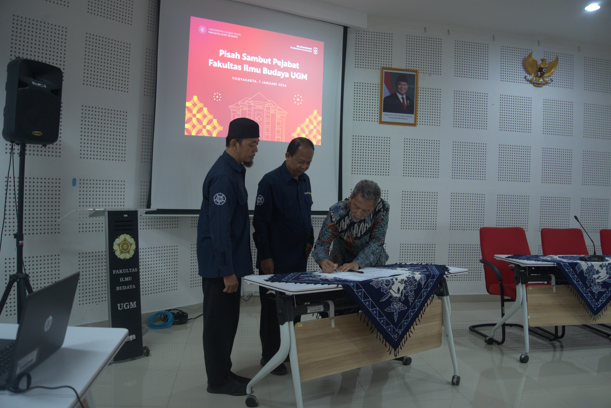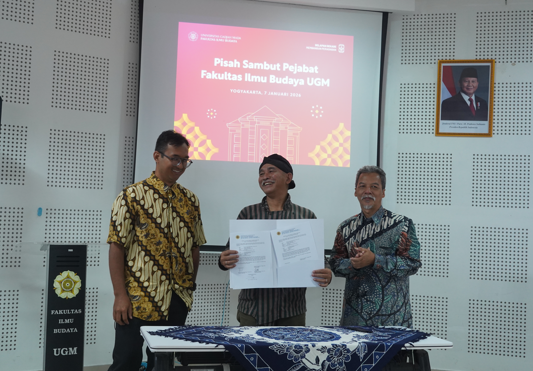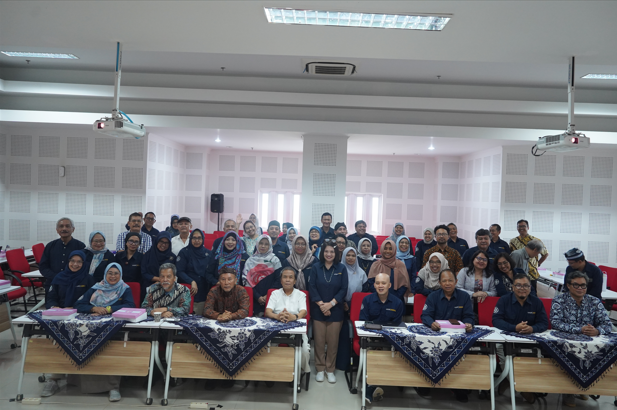Javanese script is one of the traditional writing systems in Indonesia that is still known and used today. This script is classified as an abugida or syllabic script and is part of the Kawi script family (Maulana, 2020). Since ancient times, Javanese script has played an important role in documenting various knowledge, cultural values, and literary works recorded in Javanese manuscripts.
Technological developments and globalization have had a significant impact on patterns of communication within society. The increasingly dominant use of the Latin alphabet, particularly among the younger generation, has led to the Javanese script and other regional scripts being marginalized. The lack of use in everyday life has the potential to result in a decline in the ability to read and write Javanese script among future generations.
This situation calls for revitalization efforts that can adapt regional scripts to the changing times. This revitalization is an effort to introduce the script symbolically and encourage its active use today.
One form of Javanese script revitalization that is relevant to technological developments is through the provision of Javanese fonts. Fonts are digital representations of scripts that enable their use on various platforms, such as computers, devices, digital documents, and online media.
The existence of Javanese fonts facilitates the learning and teaching process, as the script can be written, read, and studied in a practical manner. In addition, Javanese fonts also open up opportunities for the use of script as an aesthetic element in graphic design and creative works.
To date, various Javanese fonts are available and accessible through various media. However, in order for their use to be sustainable, both for writing and aesthetic purposes, the use of license-free Javanese fonts is a more appropriate choice.
License-free fonts allow for widespread use without legal barriers or licensing fees. This greatly supports the use of Javanese script by educational institutions, cultural communities, designers, and the general public.
As a form of support for the preservation of Javanese script, in 2020 the Yogyakarta Special Region Cultural Office released a Javanese font developed by Apri Nugroho. There are two types of fonts introduced, namely nyk Ngayogyan and nyk Ngayogyan Jejeg. Both fonts can be downloaded via the following links:
- Fon nyk Ngayogyan
https://aksaradinusantara.com/fonta/nyk-ngayogyan.font
- Fon nyk Ngayogyan Jejeg
https://aksaradinusantara.com/fonta/nyk-ngayogyan-jejeg.font
In addition to providing fonts, the developers also provide installation guidelines, typing instructions, and keyboard layouts. These guidelines are intended to make it easier for users to install and use Javanese fonts correctly and consistently.
The use of Javanese script is also linked to Sustainable Development Goals (SDGs) 4 and 17. In the context of SDG 4 on quality education, the existence of Javanese script supports the provision of inclusive, contextual, and locally-based teaching materials, thereby facilitating the learning process and improving students’ cultural literacy. Meanwhile, the achievement of these goals cannot be separated from SDG 17 on partnerships for the goals, because the development and utilization of Javanese phonetic script requires collaboration between the government, academics, technology developers, cultural communities, and the wider community.
Author : Haryo Untoro
Editor : Haryo Untoro
Bibliography
Maulana, R. (2020). Aksara-Aksara di Nusatara: Seri Ensiklopedia. Writing Tradition Project


